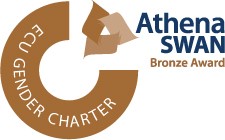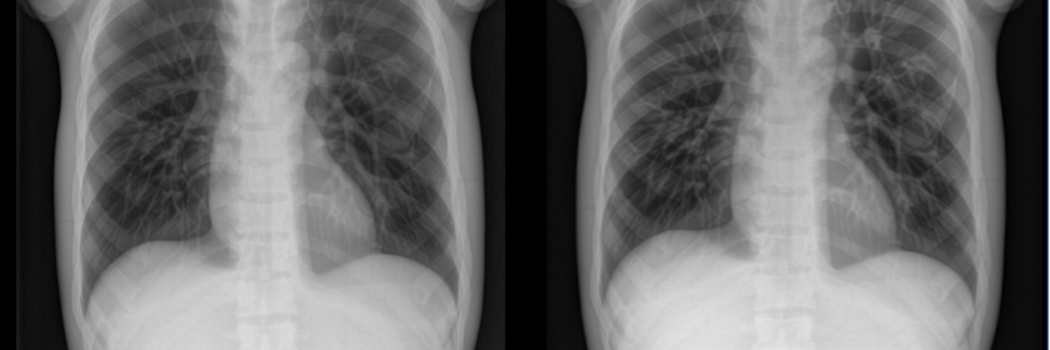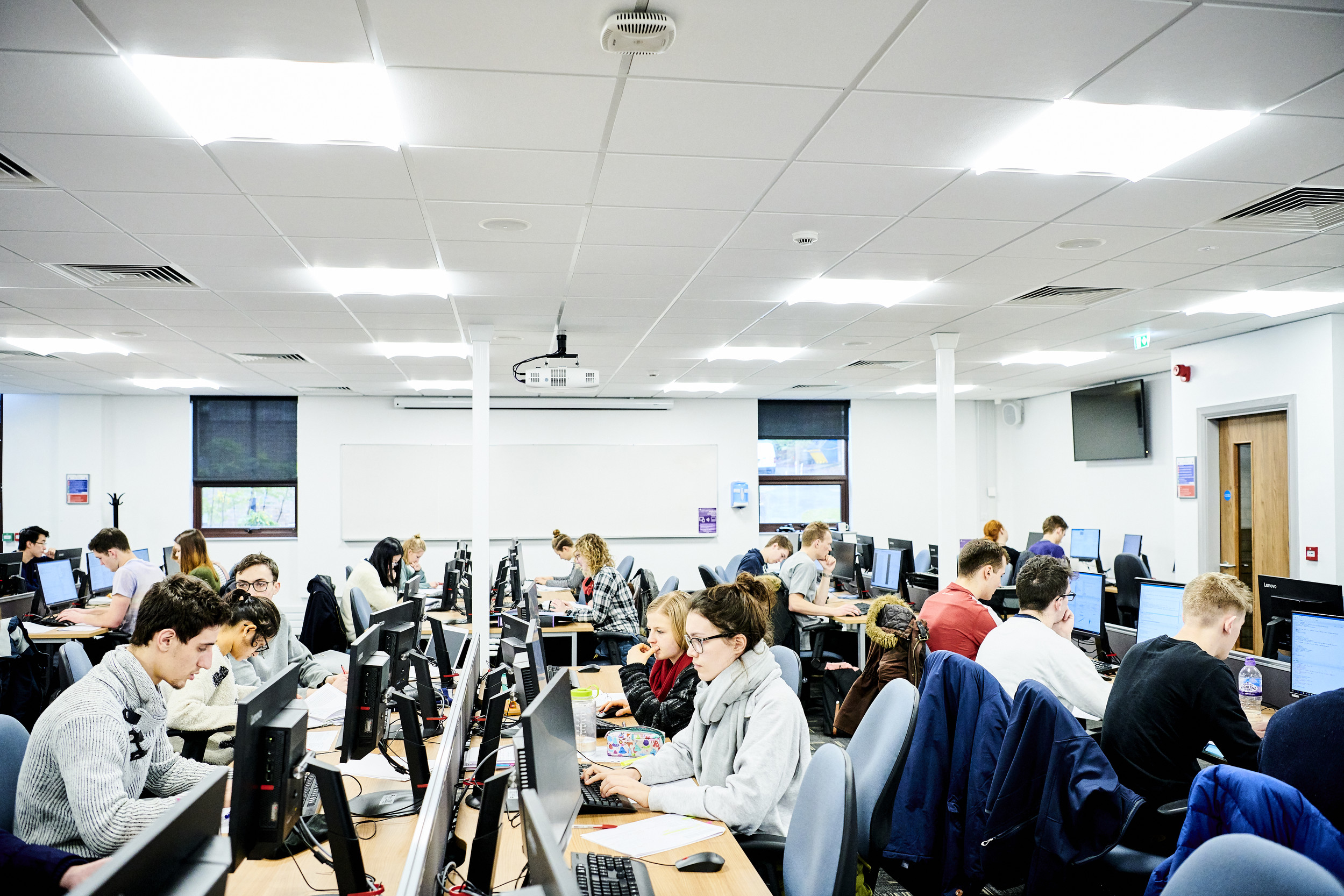Department of Mathematical Sciences

Department of Mathematical Sciences
The Department of Mathematical Sciences submitted 75 members of staff, comprising 73.7 Full-Time Equivalent (FTE) staff, to the REF Mathematical Sciences UoA. The submission included nine Early Career Researchers.


Re-defining X-ray technology
Our mathematicians have worked with industry to achieve superior quality X-ray images to support better diagnosis of patients.
About Us
The Department has undergone a period of rapid growth since the previous Research Excellence Framework in 2014, growing from 54 FTE submitted for REF2014 to 73.7 for REF2021. This is an ongoing programme which sees the Department doubling in size in the ten years to 2027 – indeed, by the next academic year, it will already have passed 100FTE. This expansion has been used strategically both to consolidate existing areas of strength, and to build critical mass in others, so that the Department delivers world-leading research across the breadth of the mathematical sciences.
This growth has been accompanied by major investment by the University in a new building for the Department. The move to this building is now complete, and it is proving to be very successful. The design had the conscious aim of facilitating research discussion within and between the different groups listed under Research Areas below, with a variety of meeting rooms and breakout spaces distributed throughout the building. The vibrant research environment is reflected in the wide variety of colloquia, seminars and discussion groups run by members of the Department.
The Department is committed to delivering impact. A major focus has come through the work of the Statistics group which has worked with both public and private sector partners on topics ranging from food safety and climate change to biological dosimetry and digital banking. Members of the Department played a major role in the University’s response to the COVID-19 pandemic and beyond the University were engaged at local, national and international levels.
Research is integrated into the Department’s teaching at undergraduate and postgraduate levels, a particular highlight being the final year projects undertaken by our undergraduates, which enable them to study a specialised area in-depth, guided by a member of staff.
Mathematical Sciences REF Impact Case Studies
Mathematical Sciences submitted six impact case studies to REF2021, demonstrating a wide range of impact. All of them were rated as "world-leading" or "internationally excellent".
Click below to read more about our case studies
Quantifying Uncertainty in Risk Assessment for Food Safety
Emulation and History Matching in the Oil and Gas Industry
Statistical methods for biological dosimetry
Policy implications of revised uncertainties related to climate change
Digital Banking - Building Atom Bank's Digital Twin
Bayesian approaches to X-ray imaging for material inference, dose reduction and improved image quality
Research Areas
The research activity in the Department is distributed between four broad research groups: Pure Mathematics, Applied and Computational Mathematics, Mathematical and Theoretical Physics, and Probability and Statistics.
Like to Know More?
The department has significant interactions with University-wide Institutes and Centres.
Particularly strong and long-standing links are those with the Centre for Particle Theory (CPT) and the Institute for Particle Physics Phenomenology (IPPP), both of which are joint operations with the Department of Physics (which hosts the IPPP).



/prod01/prodbucket01/media/durham-university/departments-/mathematical-sciences/crop-harvest.jpg)
/prod01/prodbucket01/media/durham-university/departments-/mathematical-sciences/enable-v2.jpg)
/prod01/prodbucket01/media/durham-university/research-/ref-2021/h2ax-images.jpg)
/prod01/prodbucket01/media/durham-university/research-/ref-2021/thumbnail_IMG_6629_edit_red.jpg)
/prod01/prodbucket01/media/durham-university/departments-/mathematical-sciences/76423-500X333.jpg)
/prod01/prodbucket01/media/durham-university/research-/ref-2021/REF-x-ray-web.png)

/prod01/prodbucket01/media/durham-university/departments-/physics/cosmo-simulations/Eagle-Project.png)
/prod01/prodbucket01/media/durham-university/departments-/physics/cosmo-simulations/centaurus_optical.jpeg)